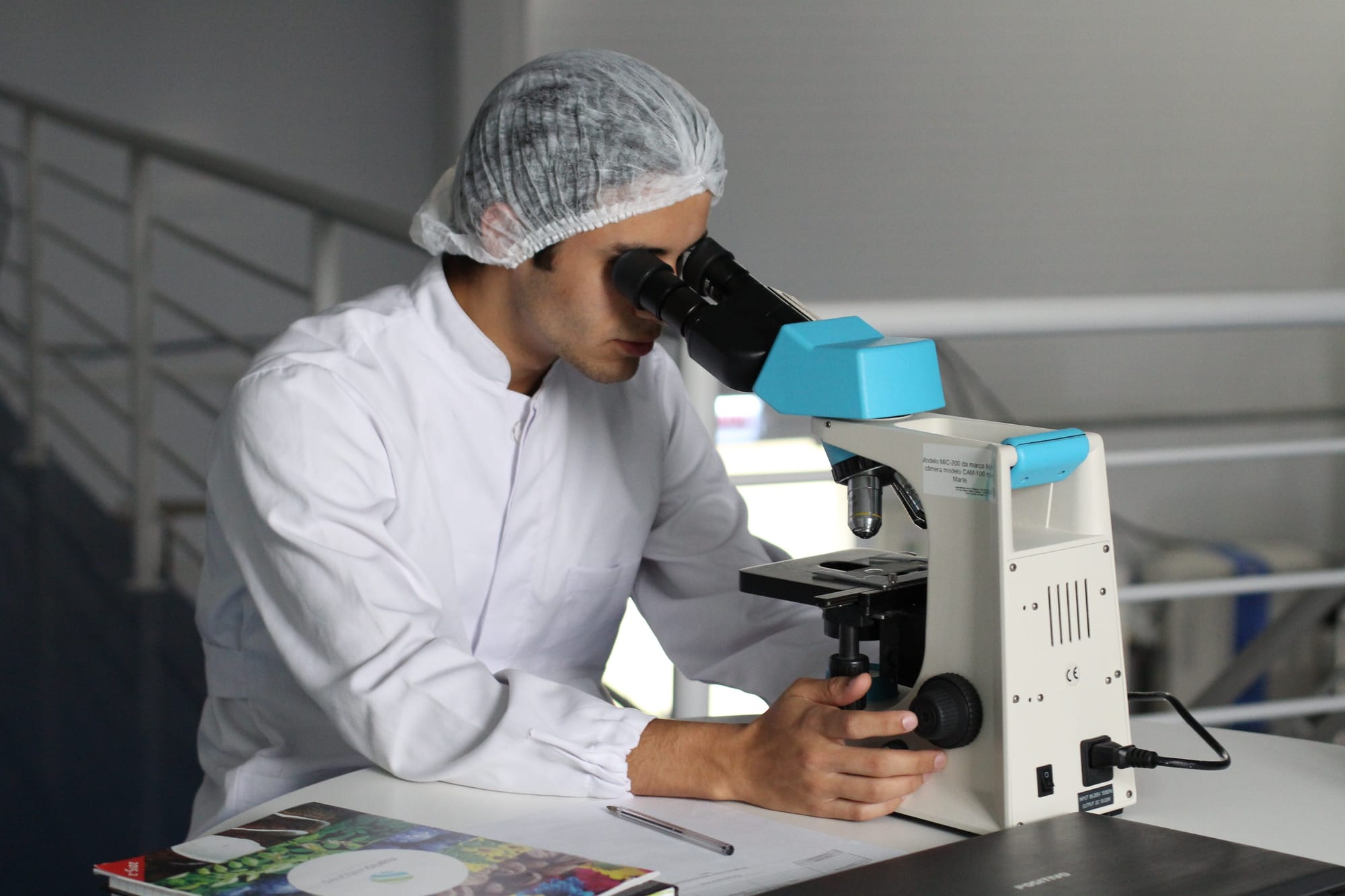On Data and the Death of Expertise
A few thoughts on navigating a mid-career malaise in the age of data eating the knowledge world..

Photo by Lucas Vasques on Unsplash
**
It seems to me that one of the defining trends of the past few years has been the death of expertise, occasioned by a deep distrust of experts and what they have come to represent, the entrenched gatekeepers (of knowledge in this case). Like all other such trends, COVID - and what some have cast as the long shadow of government overreach - have only served to accelerate this demise. Prediction is an exercise all experts find difficult, but in continuing to provide dire point estimates which didn’t necessarily pan out in the end, flip-flopping on things like masks and the big ruckus about the efficacy of drugs like hydroxychloroquine, experts in the COVID prediction and management game did little to assure the sceptical that they knew what they were doing and talking about. There is a (politically expedient?) sense in which this sort of disbeliever can easily be dismissed as a nutter, a devotee of a niche conspiracy theory who is more likely to douse themselves in bleach than wear a mask, own a gun and be fervently religious, but to tar all such with that brush does a lot of disservice to the multiple head-winds buffeting experts.
It is, I believe, important to provide some definition and context to the sense in which I am thinking about experts and expertise. To borrow a definition from the Cambridge Dictionary, an expert is a person with a high level of knowledge or skill relating to a particular subject (emphasis mine). I consider this a narrow definition of an expert, focused as it were on a particular subject. A less narrow definition would consider people with skills and knowledge in related subjects as experts in that wider domain. It is from this wider definition that the second main head-wind affecting expertise comes. Again, COVID has has a part of play here with the preponderance of data and folk with time on their hands conspiring to create tons of citizen epidemiologists whose perspectives on things sometimes differed spectacularly from the experts. At the heart of this though is the question of how much domain specific knowledge is required to predict a phenomenon. Is time series data, just data devoid of context? By crunching enough data, can patterns useful for prediction and policy be extracted with a reasonable degree of reproducibility?
The third, perhaps more pertinent, headwind facing experts takes the second to the limit, specifically to what extent Artificial Intelligence and Machine Learning based expert systems can replace human experts. Consider Knowledge Graphs as a subset of such techniques, and if in the extreme one such system were able to ingest the knowledge currently encoded in whatever consists the key texts of a given domain (say Fontana and Greene for the Corrosion Expert). Some input from an actual expert might be required to clarify some fuzzy edge cases but the relationships between material properties, service conditions and the likelihood of corrosion/ failure could easily be learned/ embedded in such a graph. The material selection problem could very easily be solved by such a system somewhat trivially. Such prediction/knowledge domains are ones in which AI/ML systems already outperform humans in to some degree.
There is a personal angle to all of this, being the sort of solidly mid-career expert in a niche domain within the so-called knowledge economy which could conceivably be replaced by such AI/ML expert systems. My industry is notoriously slow to adopting technology (a famour CEO once compared it to a slow turning tanker) but even there the beat of the data science drums are getting louder and more persistent, beaten both by those who truly espouse disruptive technology and those who want to be seen as doing so.
This mid-career guy’s hope though lies in the value the domain-expert still brings to all of this (for now). Data will win in the end though, I am afraid, but till then one must learn to coexist as one half of these hybrid human-AI decision systems. That is perhaps the moral of the Zillow story, if one can be found from that affair.
